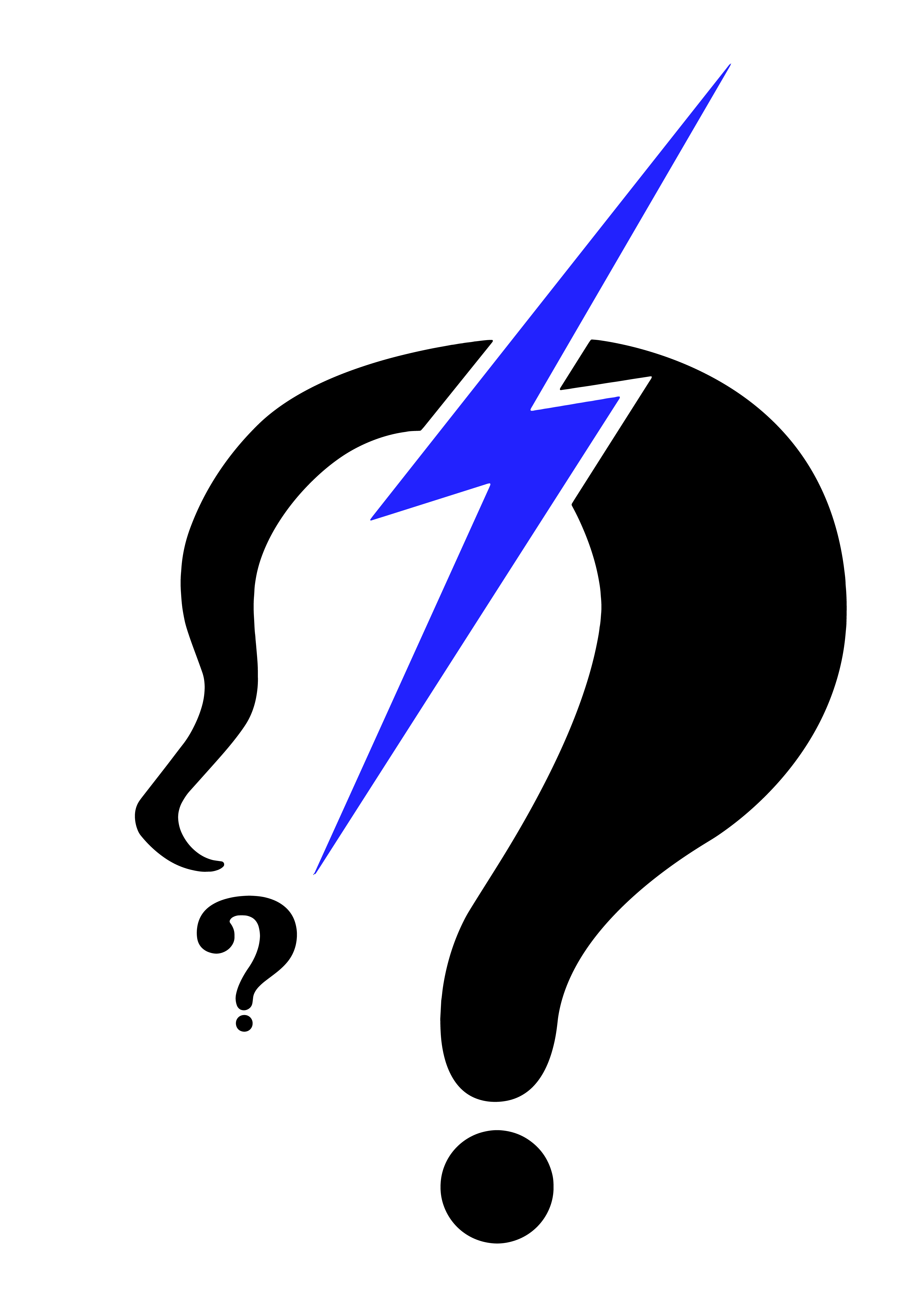Advanced Comprehension Therapy
|
Name of app |
Advanced comprehension therapy |
|
Type of exercises & brief description
|
Written and auditory comprehension exercises, and sentence building exercises
730 items
3 modes: Identify (picture matching), Build (sentence building) & Follow (follow directions). Each set of exercises has 12-16 levels
10-730 items can be selected per exercise
A tutorial is provided to demonstrate how the app can be used
|
|
Error handling |
None |
|
Prompts/cues |
In practise exercises, semantic, first letter, written word & phonemic cues to choose from |
|
Record results |
Results are shown after the session with % of items named correctly with and without cues. It also highlights the cues used. Results can be emailed to a designated address.
|
|
Developer |
|
|
Supplier |
App store & Google Play store |
|
Comments/N.B |
· There is only one version for UK, US, Aus and there are a few American words (e.g. zipper, fries, cookies) · The results recorded are reliant on the user self monitoring and knowing whether they named the item correctly or not. There is no facility for recording speech attempts and the app itself does not determine level of accuracy. This app would therefore not be appropriate for independent use by someone with poor self monitoring FREE TRIAL available through Advanced Language Therapy Lite app
|
Supplier: Tactus
Exercises for working on reading and listening comprehension
Exercises for working on written sentence building
Exercises include: Match pictures to sentences, arrange words in sentences, follow directions.
Adjustable settings to match user needs: difficulty level, colour, speech rate, written/audio word
Record speech and listen back.
Scores and results page for each exercise and email results facility
Free user guide to download

 The
The